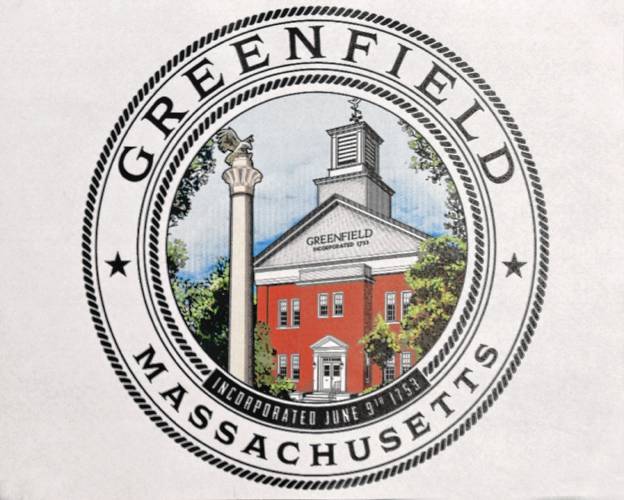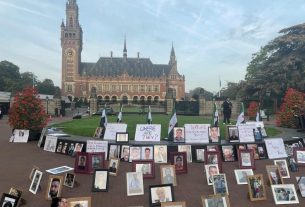The harsh tone of Opinion Page letters and their vilification of Mayor Roxann Wedegartner and her decision not to re-appoint Greenfield Human Rights Commission (GHRC) Commissioner, Daniel Cantor Yalowitz, to another three-year term compelled me to educate myself about the GHRC.
Upon completing my research, I had more questions than answers. Which of my “human rights” as a Greenfield resident necessitate a public office to safeguard them? Is the GHRC the best vehicle to do so? Should the human rights of our Greenfield residents be protected by hosting public discussion forums, educational, informational, or promotional diversity initiatives, gathering and disseminating data, or by providing dispute resolution for human rights violations?
Based on my research, it appears to me that the ability of the GHRC commissioners to effectively promote and safeguard our residents’ human rights is and always has been undermined by Chapter 136 (and a trifling budget).
My journey started at our Greenfield public library. The reference librarian was surprised that there were no GHRC reports. She directed me to the GHRC website https://greenfield-ma.gov/g/23/Human-Rights-Commission. I learned the GHRC was founded under Chapter 136 of the Town Code (Ch. 34, Art. VIII, of the 2002 Bylaws) and amended on June 15, 2011. GHRC’s allocation FY 2023 (out of our city’s total budget of over $57 million) was $300.
My research then took me to our city clerk’s office. There, I was informed that any GHRC related information required a public records request. So, I went to the mayor’s office. Her staff was knowledgeable about GHRC’s past and current history. Her GHRC liaison provided me with a copy of GHRC’s 2022-2023 GHRC, E.O.Y. (End of Year) Report, dated Aug. 17, 2022. To the best of their collective recollection, it was the only GHRC, E.O.Y. report filed in the past three years (and possibly ever filed).
The mayor’s office has a statutorily mandated relationship with the GHRC. The mayor appoints its nine commissioners (serving staggered three-year terms); receives its operating budget report and a written E.O.Y. report; approves its expenditures; receives; and approves GHRC’s administrative rules.
Chapter 136 sets forth four functions and 10 powers & duties. Its’ four functions are: 1) improve quality of life by through educational programs and campaigns; 2) “investigate” human rights complaints; 3) initiate investigations; and 4) work with municipal government departments to increase compliance and awareness of appropriate local, state and federal laws.
GHRC’s powers and duties are categorized as 1) obtain information; 2) publish reports and other documents including by-laws, policies and practices including reports to the mayor; 3) investigate complaints including publishing rules of procedure for investigations, hearings and negotiations; 4) complaint resolution 5) complaint referrals, and 6) spend monies subject to the mayor’s approval.
Additionally, GHRC has the authority to raise funds and accept monies, gifts and services, to obtain information and documents, and to request staff support and other help as necessary from town departments, including the School Department.
A sampling of GHRC’s 2022 meeting minutes reveals that its business included but was not limited to updates on various educational activities, community activities, interventions (e.g. Lunt property clean up); learning about Open Meeting Law compliance, an interview with Police Chief Robert Haigh Jr., revising its mission statement, creating a vision statement, revisions to its complaint filing form and process, learning that complaints filed with the GHRC are public records, “burning issues,” the impact of commissioner vacancies, letter drafts, and a legal opinion that GHRC has no jurisdiction over the official actions of any of the city’s officers, departments or commissions and such complaints against any police officers or employees appear to be outside its jurisdiction.
GHRC’s E.O.Y. Report 2021-2022 provided highlights from its meeting minutes and featured outcomes such as a new commissioner onboarding booklet, the revised mission statement and the new vision statement. What was missing from that report were GHRC’s or its subcommittee’s yearly goals, metrics for those goals, data regarding human rights complaints, an explanation of subcommittees’ “ …varying levels of effectiveness … ,” purpose of outreach to various groups or agencies, the number of public events, along with their attendance rates and expected outcomes and an accounting of receipt of monies, donated services, or expenditures.
Based on this snapshot of GHRC, Mayor Wedegartner’s decision is not the problem. The solution is the need for a comprehensive revision, or the repeal of, Chapter 136.
Robert Kubacki lives in Greenfield.


